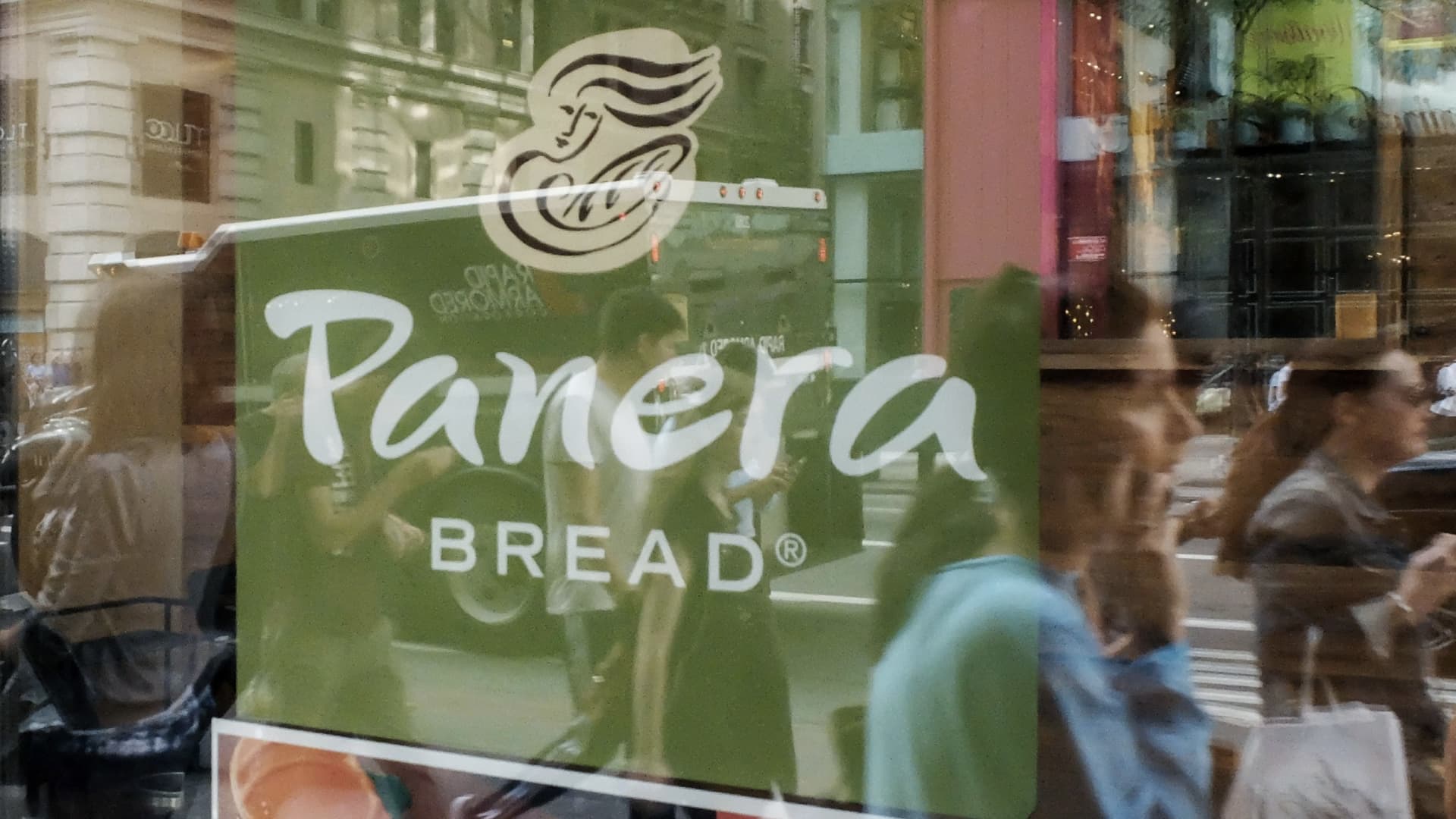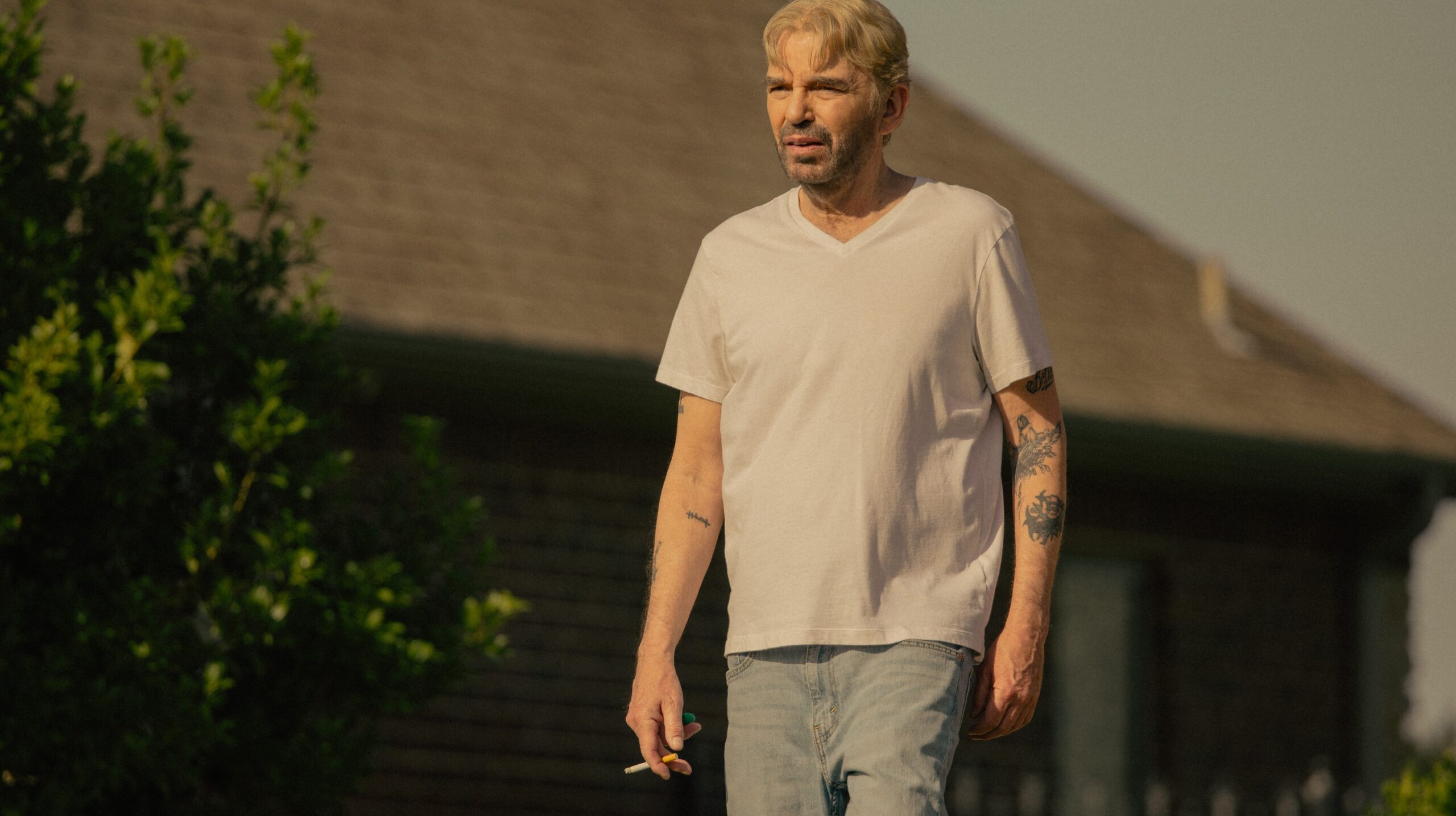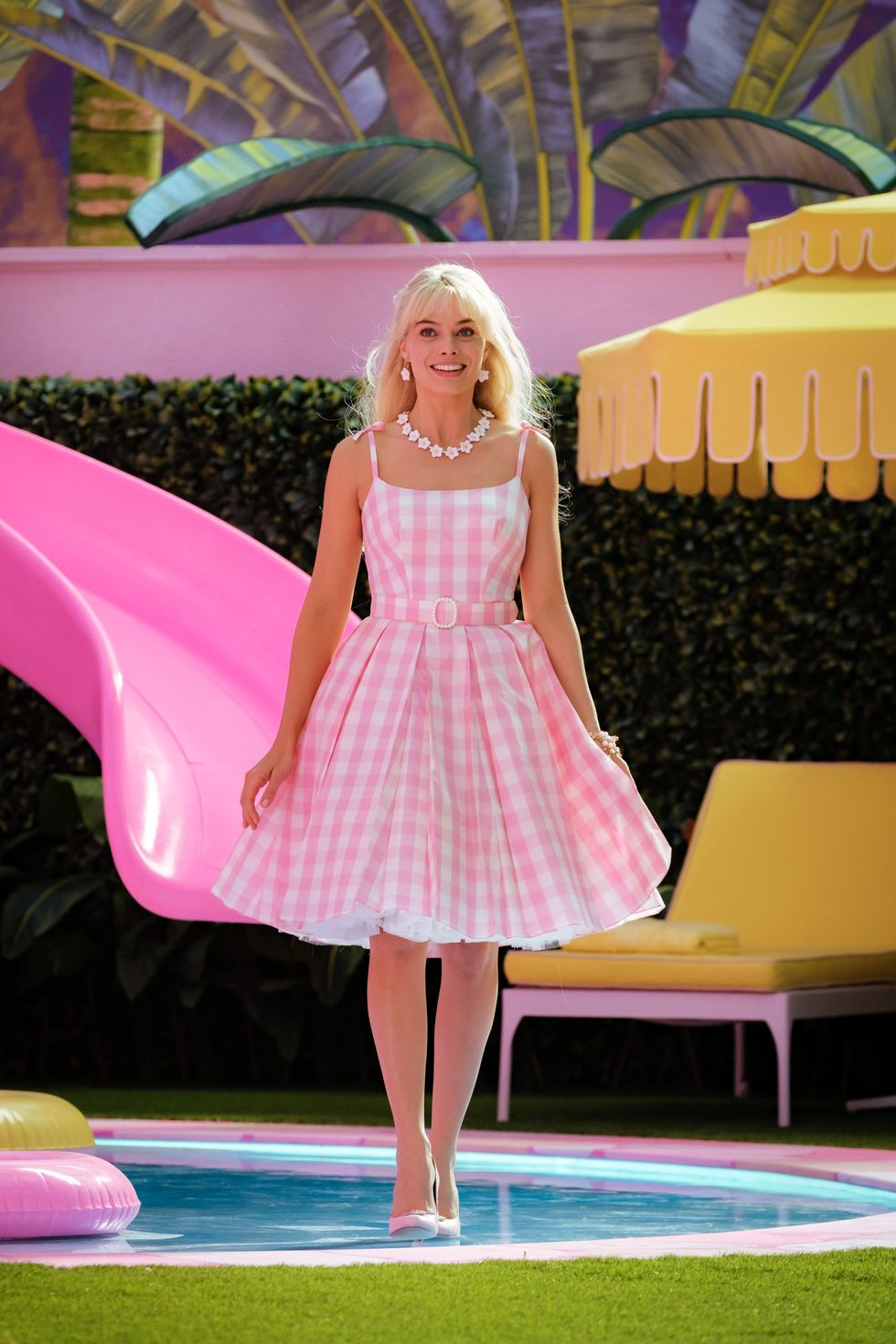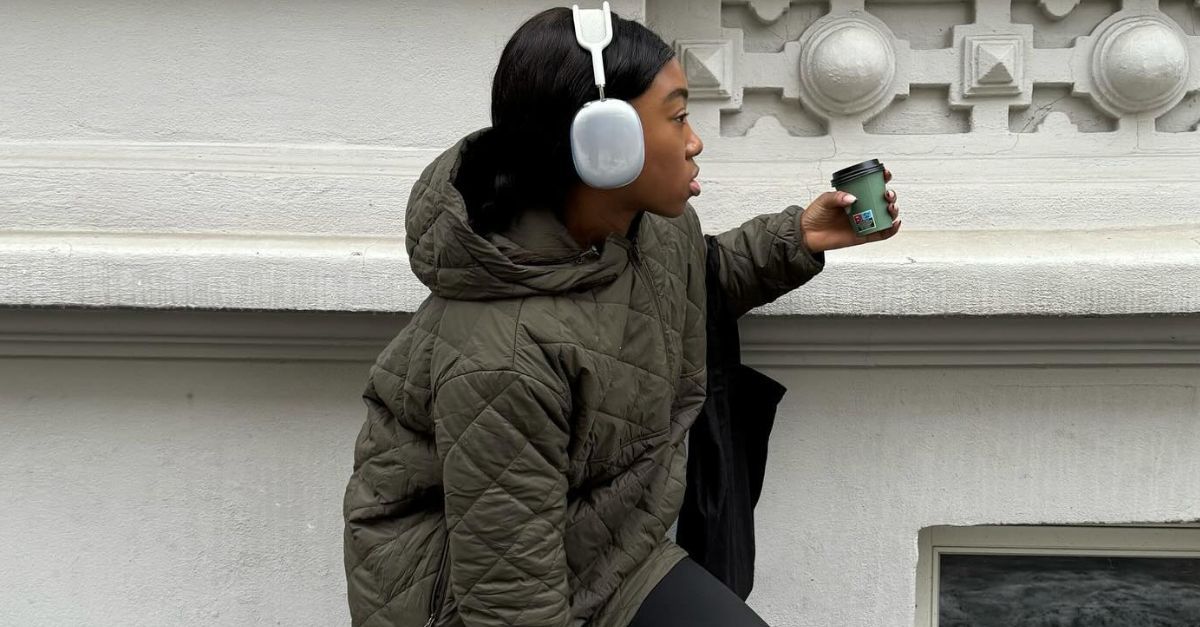All Panera Bread restaurants are now displaying “enhanced” disclosures about the restaurant chain’s highly caffeinated lemonade, a spokesperson said Saturday, following a lawsuit that was filed by the family of a young woman who died after drinking the beverage.
Monday’s lawsuit, which was first obtained by NBC News, alleges that Sarah Katz, an Ivy League student with a heart condition, died after she drank Panera’s Charged Lemonade last year.
A large Charged Lemonade contains 390 milligrams — nearly the 400-milligram daily maximum of caffeine that the Food and Drug Administration says healthy adults can safely consume.
The legal complaint called Charged Lemonade a “dangerous energy drink” and argues that Panera failed to adequately warn consumers about its ingredients, which also include guarana extract, another stimulant. The large cup contains more caffeine than standard cans of Red Bull and Monster energy drinks combined, as well as the equivalent of almost 30 teaspoonfuls of sugar.
The caffeine content of Panera’s Charged Lemonade has always been listed in-store, Panera said. But in an exclusive statement to NBC News on Saturday, Panera said all of its stores throughout North America added more detailed disclosures about the beverage in the past several days.
“We were saddened to learn this week about the tragic passing of Sarah Katz. While our investigation is ongoing, out of an abundance of caution, we have enhanced our existing caffeine disclosure for these beverages at our bakery-cafes, on our website and on the Panera app,” a Panera spokesperson said.
The new language states that Charged Lemonade contains caffeine, should be consumed in moderation and is not recommended for children, people sensitive to caffeine, pregnant or nursing women.
Elizabeth Crawford, a partner at the Philadelphia-based law firm Kline & Specter, PC, who is representing Katz’s family, said Saturday that the verbiage does not provide context for the amount of caffeine in the drink, nor does it explain that it contains an additional stimulant.
“It’s misleading in the sense that it’s not indicating that it is an energy drink,” she said. “I’m happy that we are moving in a direction of making a change, but I consider these baby steps.”
The FDA told NBC News on Wednesday that it was “gathering information” about Katz’s death, which occurred in September 2022. Katz had gotten a large Charged Lemonade hours before she died, and had had at least one Charged Lemonade in the days prior, according to Victoria Rose Conroy, Katz’s roommate and close friend.
“She was very, very vigilant about what she needed to do to keep herself safe,” Conroy previously said in a phone interview. “I guarantee if Sarah had known how much caffeine this was, she never would have touched it with a 10-foot pole.”
At the time of Katz’s death, Charged Lemonade was “offered side-by-side with all of Panera’s non-caffeinated and/or less caffeinated drinks” in the Philadelphia location near Katz’s University of Pennsylvania campus, according to the wrongful death lawsuit. Photos of the menu and the beverage dispensers in the store included in the legal complaint show it was advertised as “plant-based and clean,” containing as much caffeine as the restaurant’s dark roast coffee.
But at 390 milligrams, the 30-fluid ounce large Charged Lemonade has more caffeine in total than any size of the company’s dark roast coffee, the complaint adds — numbers that appear to line up with Panera’s nutrition facts on its website.
Katz was diagnosed at age 5 with long QT syndrome, a disorder of the heart’s electrical system that can cause abnormal heart rhythms as a result of exercise or stress. She followed her doctors’ recommendations to avoid large amounts of caffeine, and “never knowingly consumed energy drinks,” according to the lawsuit.
About a week and a half before she died, Katz bought an Unlimited Sip Club membership from Panera, which allows customers to pay a fee for unlimited refills of certain drinks, the lawsuit added. Charged Lemonade is one of the beverages available through the Unlimited Sip Club.
Crawford said if Charged Lemonade is going to remain on the menu, it should be less accessible to customers. She said she thought that it should be behind the counter and that it shouldn’t be eligible for refills.
“By virtue of it being part of the Unlimited Sip Club, it’s suggesting to consumers that it’s safe to have more than one,” she said. “And that is a big problem because it’s not safe to have one, let alone more than one.”


























































![Mason Ramsey – Twang [Official Music Video] Mason Ramsey – Twang [Official Music Video]](https://i.ytimg.com/vi/xwe8F_AhLY0/maxresdefault.jpg)





















